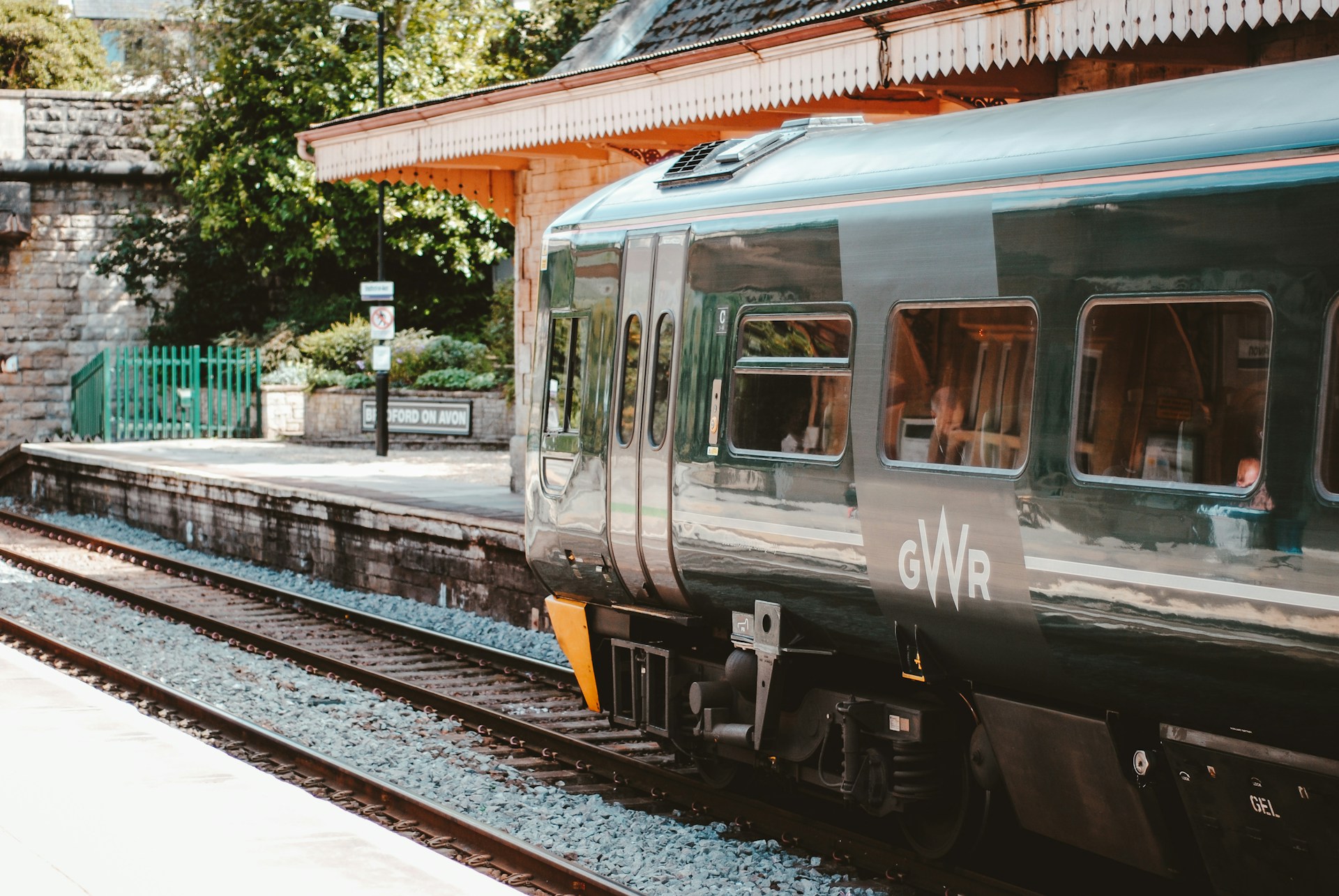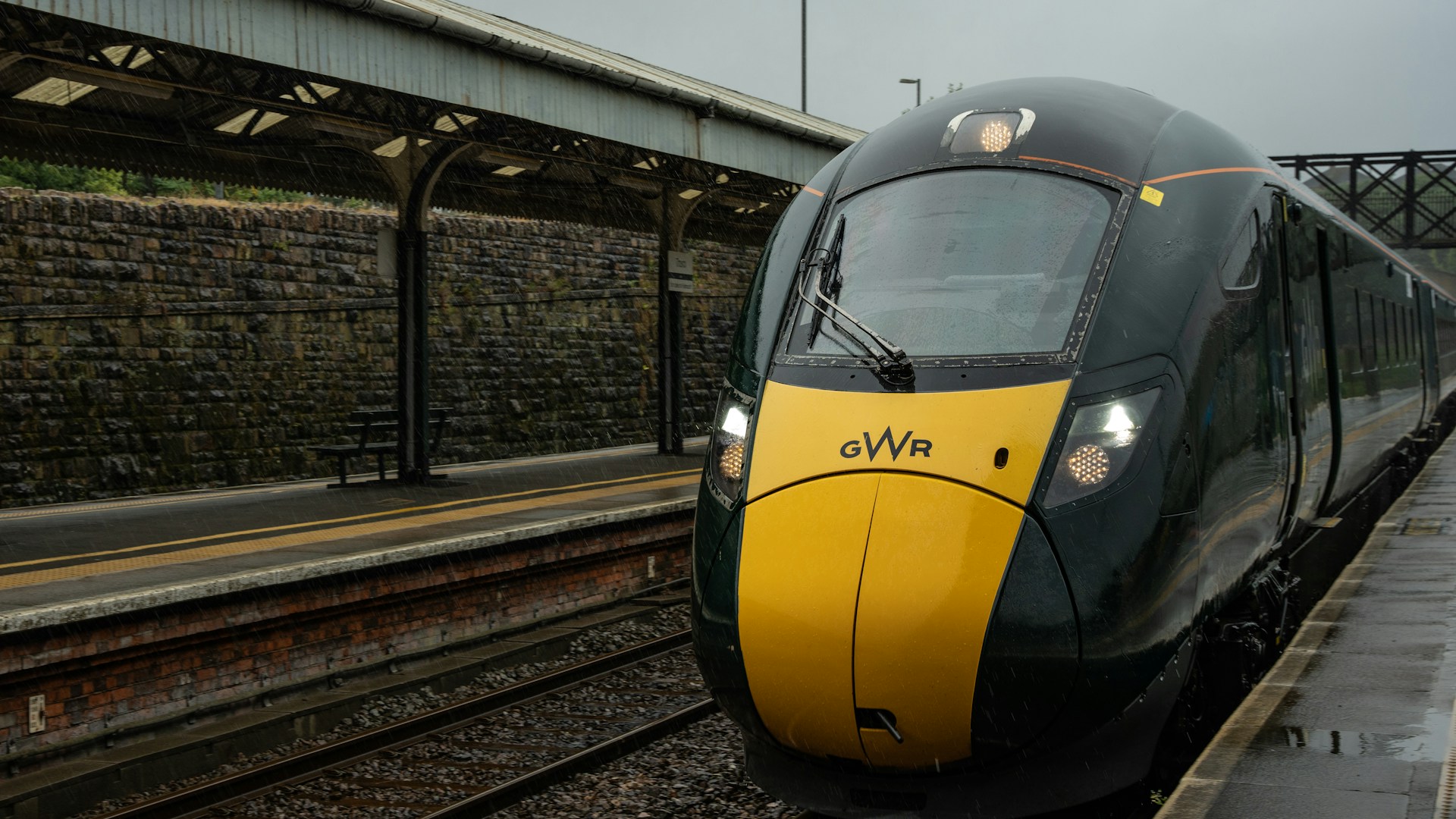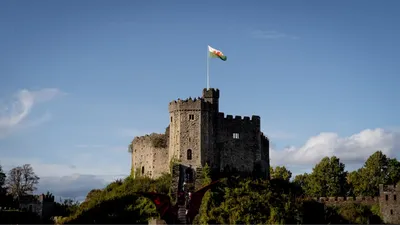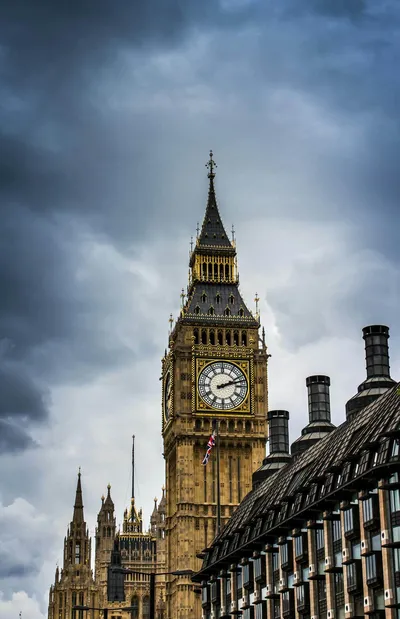Have you arrived at your destination 15 minutes or more late due to a delay or cancellation from a Great Western Railway (GWR) train? You are entitled to Delay Repay compensation where, depending on your ticket type and how late you were, you will receive a percentage of your ticket price back from the company.
Our guide below breaks down how much you are entitled to, how Delay Repay works, when you can expect to receive the payment and the information you may need to provide.

How does GWR Delay Repay work?
Delay Repay is a national scheme used by train operating companies, where they are accountable for compensating travellers if their services are delayed or cancelled. Under the National Rail Conditions of Travel, which establish the minimum standards for train operators, passengers must be provided with at least one form of monetary compensation for a delayed train. This can include a bank transfer, cheque, refund, rail vouchers, or a donation to charity.
Whilst the delay time can vary between operators, GWR specifically offers compensation on journeys with delays of 15 minutes or more. You can claim compensation for delayed or cancelled GWR trains up to 28 days after the date of travel.
This delay (and compensation) is worked out by comparing the delay to the typical timetable, or, in cases of planned engineering works or holidays, pre-published, amended timetables. Other factors that will affect the amount you are compensated include the cost of your original ticket and the type of ticket you have.
How to claim GWR Delay Repay
The easiest way to claim compensation is to apply online through the Great Western Railway website, which you can access here.
You will be required to create an account or log in to the GWR website. From there, you will be guided to input key information such as length of delay, ticket type, date of travel, and how you would like to be reimbursed.
Alternatively, you can download this paper form and send it alongside one of the following:
- Your original ticket
- A ticket receipt
- Smartcard number (for Touch Smartcard users)
- A scan or hi-res photograph of your Season Ticket and photocard (for monthly and annual Season Ticket holders)
For Oyster PAYG or contactless users, you must register with TfL and provide a statement on where you touched in and out, as well as the cost of your journey.
You can pick up one of these forms from most GWR staffed stations, also.
Note that compensations are processed by the train operators that you travel with, not with Trip.com.
How much will I be compensated by GWR Delay Repay?
See below for the percentage of the original ticket you are entitled to in compensation depending on your delay and ticket type:
Length of Delay | Single tickets | Return tickets | Season tickets (% cost of a journey) |
15-29 minutes | 25% | 12.5% | 25% |
30-59 minutes | 50% | 25% | 50% |
60-119 minutes | 100% | 50% | 100% |
Over 120 minutes | 100% | 100% | 200% |
For Season Tickets, the cost of the journey is worked out as:
- Weekly Ticket: 1/10 of the ticket price
- Flexi Season Ticket: 1/16 of the price
- Monthly Ticket: 1/40 of the ticket price
- Annual Ticket: 1/464 of the ticket price
As noted above, you will receive at least a full refund for Single and Season Tickets with delays over an hour, and Return tickets with delays over two hours. You will also receive double the price of your ticket for Season Ticket delays of over two hours.
Do GWR deliver on their Delay Repay promise?
Great Western Railway has been publishing the number of claims received and percentage approved, as well as the total value compensated and the average time for the claim to be processed, which you can see below or check out (along with data stretching back to April 2023) at the GWR website here.
You’ll notice that, in all cases listed below, over 80% of claims are approved, with the highest amount at 86%, which goes to show that GWR are pretty true to their word when they offer Delay Repay. Not only that, but you can expect a quick turnaround time of around 1-3 days.
Period | Volume of claims received | % of claims approved | Total value of compensation paid per period | Average time for a claim to be processed (days) |
01/04/24 - 27/04/24 | 75,745 | 85% | £1,996,127 | 1.5 |
28/04/24 - 25/05/24 | 85,271 | 83% | £1,534,584 | 1.4 |
26/05/24 - 22/06/24 | 80,653 | 81% | £1,299,744 | 1.3 |
23/06/24 - 20/07/24 | 140,305 | 86% | £3,165,490 | 1.8 |
21/07/24 - 17/08/24 | 96,752 | 84% | £2,110,195 | 1.9 |
18/08/24 - 14/09/24 | 97,129 | 84% | £2,087,021 | 1.5 |
15/09/24 - 12/10/24 | 142,861 | 84% | £3,042,454 | 1.7 |
13/10/24 - 9/11/24 | 126,447 | 85% | £2,357,636 | 2.3 |
10/11/24 - 7/12/24 | 168,979 | 84% | £3,402,432 | 2.4 |
08/12/24 - 04/01/25 | 92,262 | 84% | £2,341,233 | 2.4 |
05/01/25 - 01/02/25 | 86,485 | 86% | £2,016,991 | 2.7 |
Why was my GWR Delay Repay claim declined?
There are a few reasons GWR may not have accepted your claim, including these common issues:
- Your claim was submitted after 28 days
- Proof of purchase provided was not acceptable
- The tickets provided were not valid for the journey you claimed
- GWR was unable to find a delay of over 15 minutes
- The delay was caused by an operator other than GWR
If you’re still confused about whether you’re entitled to claim or how to do so, feel free to reach out to the GWR Customer Support Team.

Should I get Delay Repay compensation or a Refund?
Delay Repay compensation is typically for those who have completed their journey but were delayed doing so. Alternatively, a full refund is for those who were forced to abandon their journey or weren’t able to start it. Note that, in cases of delays of an hour or over for Single and Season tickets, you can receive the equivalent of a full refund through Delay Repay.
Things to look out for when claiming Delay Repay with GWR
- When making your claim, be sure to provide details of the journey you intended to take, not the journey you did take
- Always check whether there were planned engineering works on your day of travel, as this will impact your ability to claim
- Always double-check your details when submitting your claim, and ensure that you are providing a scan or photograph that it is high-resolution



